|
|
|
Editor's note
|
|
The #MeToo movement is exposing the scale of powerful men’s abuse of women, the latest example being that of New York Attorney General Eric Schneiderman, who resigned Monday. Schneiderman’s dramatic demise may have turned New York politics upside down but the conviction of “America’s Dad,” Bill Cosby, has been painful for Americans across the country. As a role model for so many, he became, writes Vanderbilt’s Hilary Jerome Scarsella, “part of the American self.” So how does a society, she asks, come to terms with the knowledge that a beloved figure has committed
sexual assault?
Do chimpanzees “talk” to each other, with their own versions of words and dialects? Biologist Michael Wilson investigates these questions by tracking and recording wild chimps in their natural habitat. Ultimately the insights researchers gain from studying the calls of chimps – human beings’ closest living relative – could help explain the origins of our own language.
|
Kalpana Jain
Senior Religion + Ethics Editor
|

|
|
Top stories
|
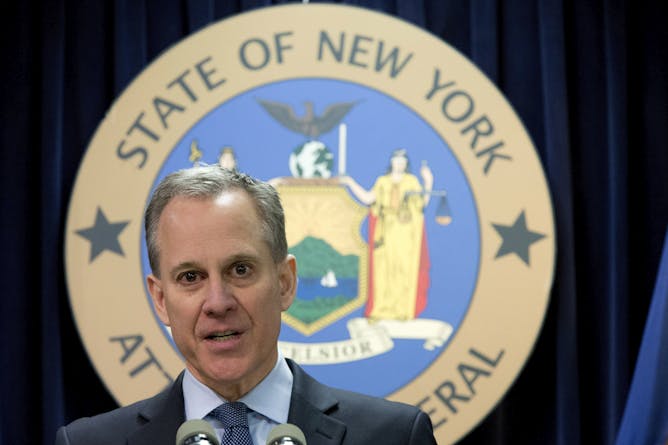
New York Attorney General Eric Schneiderman at a news conference in New York in 2016.
AP Photo/Mary Altaffer, File
Hilary Jerome Scarsella, Vanderbilt University
It's not shallow to be upset by the latest scandals. Learning about the bad behavior of people we admire can harm our very sense of self.
|
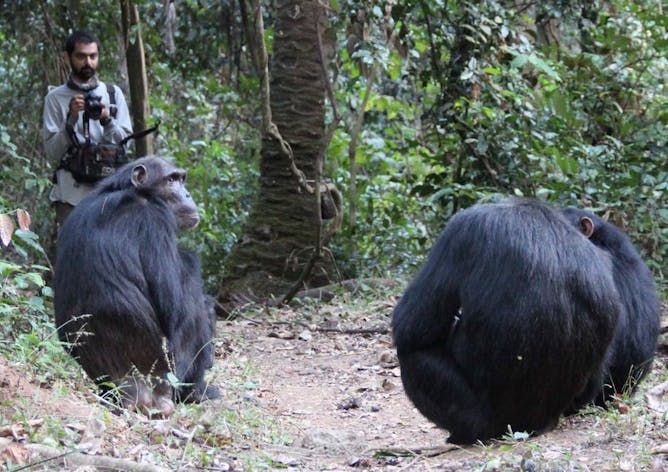
Nisarg Desai observes wild chimps known as Sandi, Ferdinand and Siri in Tanzania.
Michael Wilson
Michael Wilson, University of Minnesota
Do chimpanzee talk to each other? Scientists follow and record chimpanzees in the wild to find out – and to fill in details about how human language might have evolved.
|
Economy + Business
|
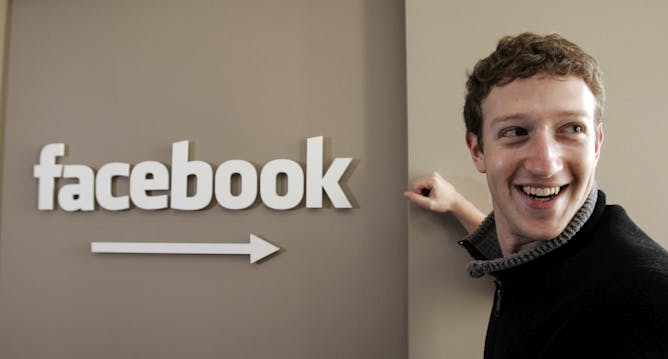
Many associate entrepreneurship with youth – like Mark Zuckerberg, who famously started Facebook as a student at Harvard.
AP Photo/Paul Sakuma, File
Benjamin F. Jones, Northwestern University; J. Daniel Kim, Massachusetts Institute of Technology
Most people think of entrepreneurship as a young person's game. But the highest-growth firms in the US come from entrepreneurs who are 45 years old.
|
Environment + Energy
|
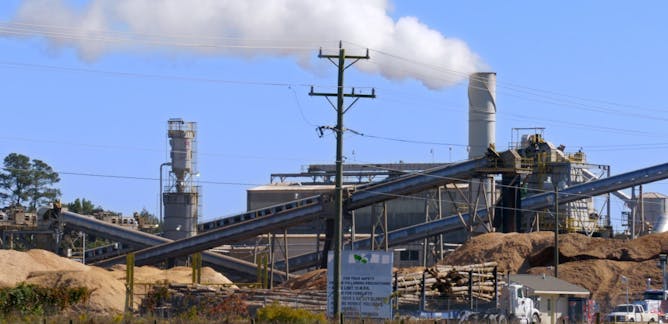
William Moomaw, Tufts University
Deriving fuel from trees costs more than wind and solar power and it emits more carbon than coal. There are many heated debates about this kind of energy, known as forest or woody biomass.
| |
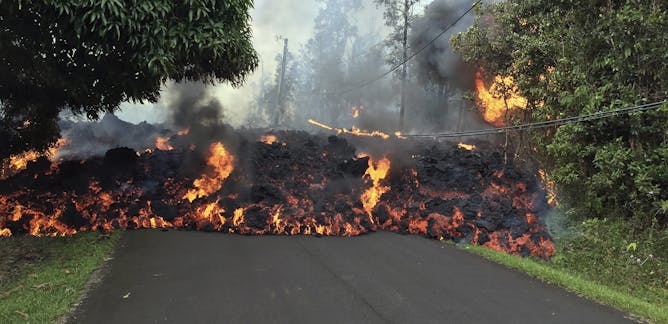
Brittany Brand, Boise State University
Fountains of lava from Hawaii's Kilauea volcano are dramatic, but the most deadly impacts of volcanic eruptions are toxic gases and ash and mud flows.
|
|
|
Health + Medicine
|
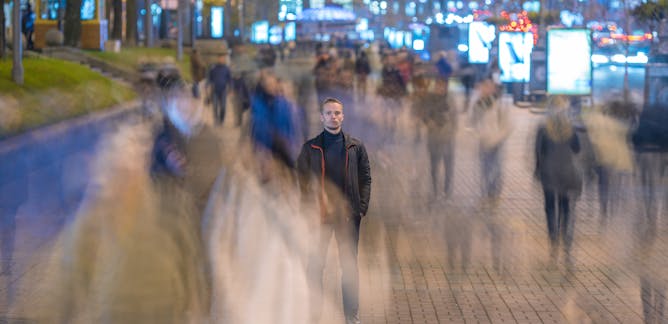
Sara Konrath, Indiana University-Purdue University Indianapolis
Recent news reports suggest that the US is experiencing a loneliness epidemic. But the research is a bit more complicated.
| |

Yunfeng Lu, University of California, Los Angeles
A new pill may lower blood alcohol levels, helping a hangover and preventing alcohol overdose deaths.
|
|
|
Science + Technology
|
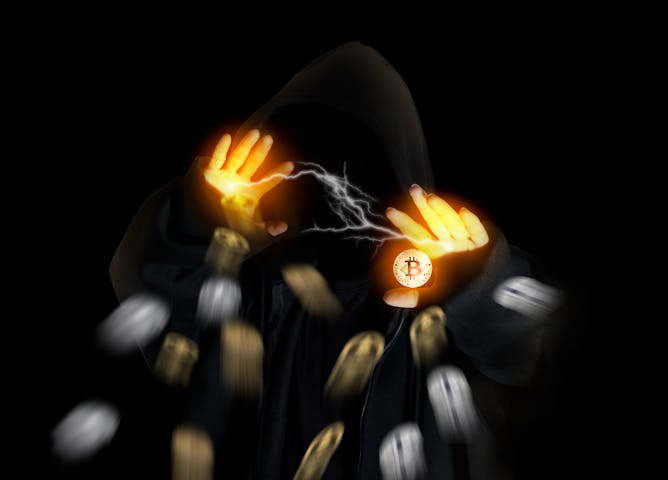
Is someone else making money on your computer?
WICHAI WONGJONGJAIHAN/Shutterstock.com
Pranshu Bajpai, Michigan State University; Richard Enbody, Michigan State University
Enterprising cryptocurrency enthusiasts have found a way to use your computer processor and electricity to make themselves money. What is cryptojacking, and how does it work?
|
Arts + Culture
|
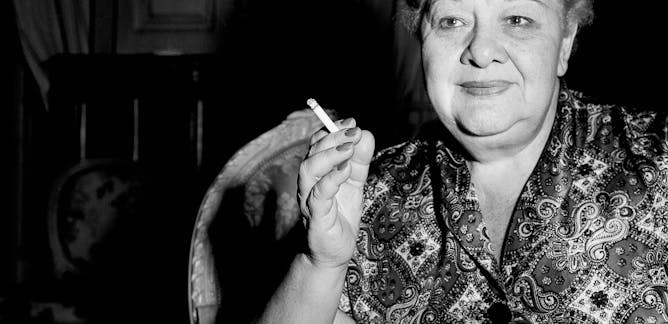
Lauren Rebecca Sklaroff, University of South Carolina
'I Don't Want to Get Thin,' singer Sophie Tucker proclaimed – an attitude that was decades ahead of its time.
| |
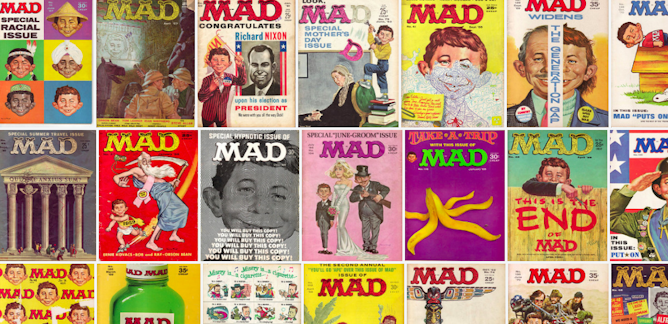
Michael J. Socolow, University of Maine
Today's media consumers are being bombarded with bias and sensationalism – and could use a dose of Mad's media literacy.
|
|
|
Politics + Society
|
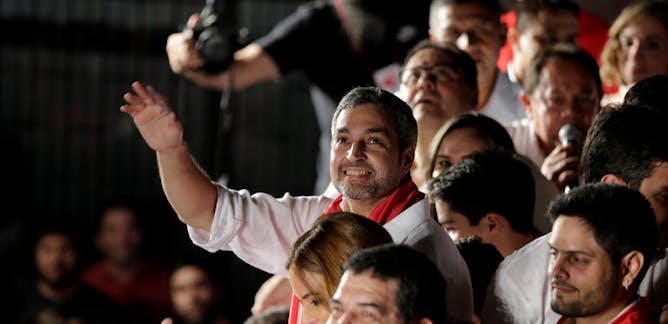
Ignacio González Bozzolasco, Universidad Católica de Asunción
Paraguay's conservative president-elect Mario Abdo narrowly won the April 22 election. His father was the private secretary for dictator Alfredo Stroessner, who brutally ruled Paraguay for 35 years.
| |
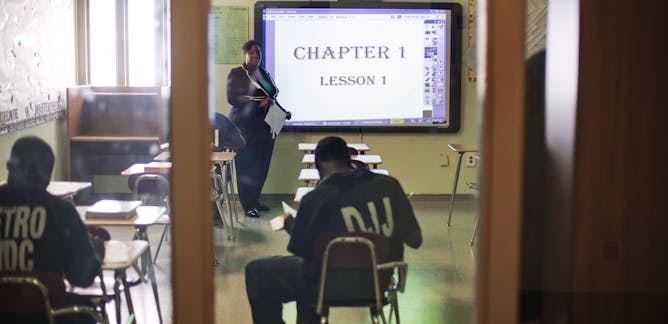
Eileen M. Ahlin, Pennsylvania State University
Research reveals that the factors that put youth at risk of sexual assault while in custody are significantly different from those that put adults at risk in prison.
|
|
|
Education
|
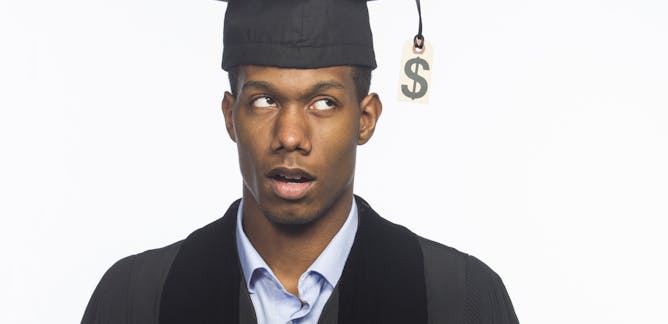
Jake Murray, Boston University
In order to avoid colleges where graduates owe so much and earn so little that they can hardly pay back their student loans, students should ask these key questions about any college they plan to attend.
| |
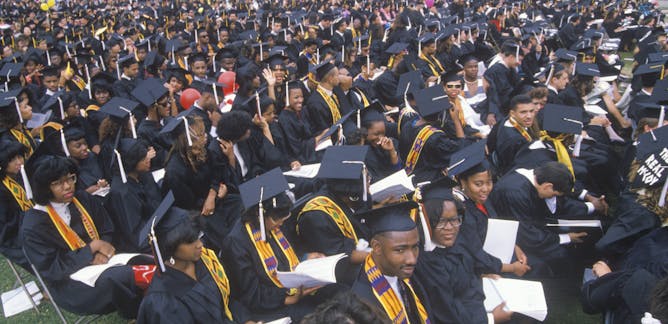
Nathan Favero, American University School of Public Affairs
New data show that less than half of all Pell Grant recipients graduate on time – a reality that one scholar attributes to the unique barriers faced by low-income students.
|
|
|
Ethics + Religion
|
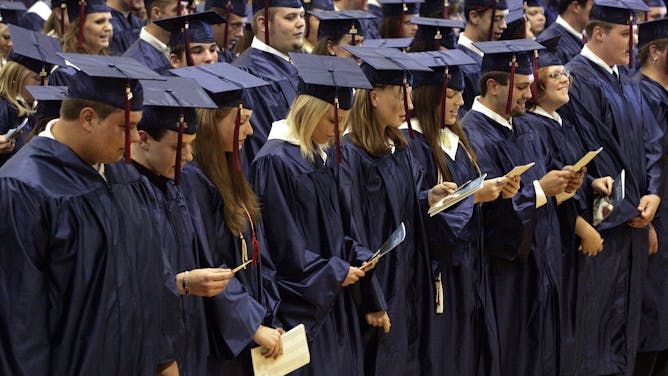
Members of the senior class of Russell County HIgh School in Kentucky recite the Lord’s Prayer, in defiance of a court ruling, during commencement exercises in 2006.
AP Photo/James Crisp
Frank S. Ravitch, Michigan State University
As the Kentucky Senate considers a bill for school prayer, a scholar explains the violent history of prayer – and a time when Catholic students were sometimes whipped, beaten and worse for not participating.
|
| |
| |
| |
| |
| |
| |
|
|
|
|
|
|
|